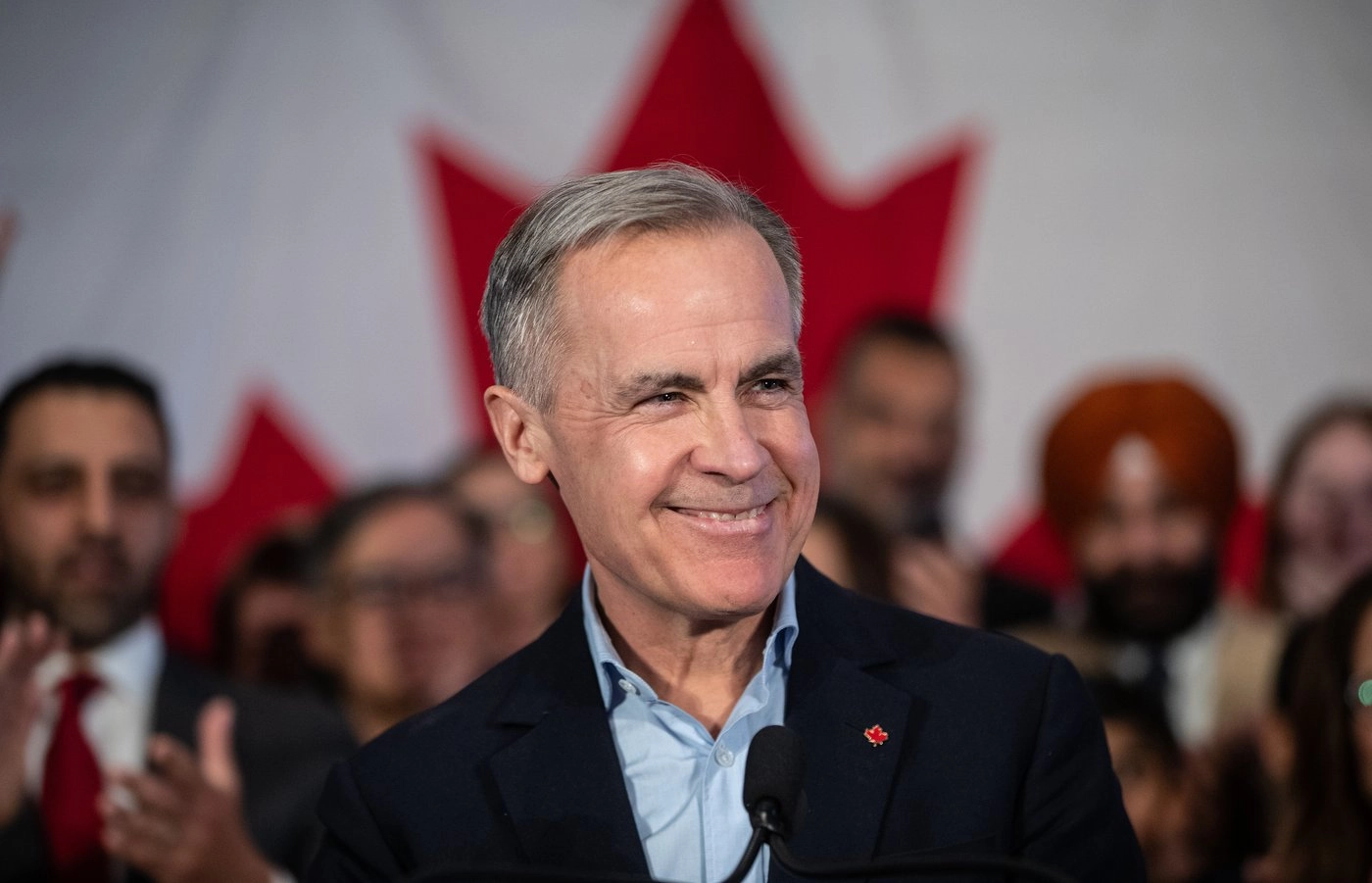The pace of change in the world today demands a new approach to public affairs. Traditional methods of shaping policy and managing brand reputation are no longer sufficient in an environment defined by rapid geopolitical shifts, evolving societal expectations, and the ever-present threat of misinformation.
At the heart of this transformation is the growing expectation for institutions and brands to lead conversations once reserved for governments and public institutions. Now, confidence now hinges on the ability to align values with stakeholder priorities, adapt to shifting cultural and political dynamics, and communicate with authenticity and precision.
Public affairs is no longer just about responding to crises; it’s about driving meaningful engagement, creating informed strategies, and helping brands manage their reputation in a world where public perception and policy are inseparable.
Here are five critical challenges shaping the operating landscape for brands and public institutions today—and how public affairs can help them succeed.
Navigating Geopolitical Instability
In a globalized economy, geopolitical upheavals ripple across borders, disrupting supply chains, operations, and public confidence. These changes happen rapidly, often leaving institutions struggling to adapt without clear or actionable data.
Public Affairs in Action:
• Data-Driven Foresight: Advanced monitoring of geopolitical trends empowers organizations to anticipate risks before they escalate.
• Regional Nuance: Tailoring strategies to regional complexities ensures policies remain relevant and effective.
• Transparent Communication: Open, proactive engagement during crises strengthens stakeholder confidence and institutional resilience.
When geopolitical landscapes shift overnight, a strategic public affairs approach transforms uncertainty into informed action.
Balancing ESG Commitments with Political Backlash
As ESG initiatives rise to the forefront of organizational priorities, institutions face mounting pressures to meet stakeholder expectations while navigating contentious cultural and political environments. Then, the challenge lies in advancing sustainability and governance goals without alienating key audiences.
Insights in Action:
• Insight-Led Strategy: Leveraging public sentiment analysis ensures ESG initiatives resonate with stakeholders while minimizing backlash.
• Accountability as Currency: Clear, transparent reporting builds credibility, showcasing measurable progress against ESG commitments.
• Message Alignment: Thoughtful, values-driven communications maintain alignment with both organizational goals and audience expectations.
By integrating ESG goals with a nuanced understanding of the cultural and political landscape, public affairs helps organizations lead with purpose and clarity.
Mitigating Reputational Risks in a Hyper-Connected World
Reputations are vulnerable to instantaneous damage in todays digital age. Whether through misinformation, social media controversies, or missteps in public communication, the cost of reputational harm has never been greater. So, brands must adopt proactive measures to safeguard their credibility and ensure their brand values align with the brand promise.
Policy in Motion:
• Real-Time Risk Detection: Advanced tools for monitoring public sentiment and media narratives allow organizations to detect risks early.
• Swift, Authentic Responses: Transparent communication during crises rebuilds trust and demonstrates accountability.
• Audience-First Messaging: Aligning communication with audience expectations fosters loyalty and reinforces institutional credibility.
Therefore, proactive reputation management ensures organizations can respond decisively and authentically, turning challenges into opportunities for leadership.
Addressing Technological Threats
Emerging technologies like artificial intelligence have introduced a new frontier of reputational and operational risks. From misinformation campaigns to vulnerabilities in digital infrastructure, institutions face an evolving set of threats that require innovative, forward-thinking solutions.
Impact in Action:
• AI-Powered Countermeasures: Using AI to monitor and address misinformation safeguards institutional integrity.
• Threat Preparedness: Proactive assessments identify technological vulnerabilities before they escalate.
• Stakeholder Education: Transparent and clear communication about technological risks builds trust and fosters understanding.
Pubic affairs is creating a gap between technological complexity and public confidence. This is due to the fact that it equips organizations to lead responsibly in the digital age.
Maintaining Transparency and Trust
Trust in institutions is eroding, with skepticism from stakeholders increasingly common. Furthermore, public confidence hinges on more than promises—it requires clear evidence of impact and consistent, transparent engagement.
Public Affairs in Action:
• Evidence-Based Accountability: Getting data to demonstrate tangible results strengthens institutional credibility.
• Ongoing Dialogue: Consistent, open communication fosters trust with stakeholders and the public.
• Proving Impact: Highlighting the real-world outcomes of policies and decisions enhances alignment and builds confidence.
When trust is hard-earned, public affairs provides the tools to rebuild confidence and foster lasting relationships with stakeholders.
Why Now?
The world is shifting faster than ever. So, if public institutions and corporations fail to adapt they risk falling behind in relevance, trust, and impact. Public affairs provides a roadmap for meeting these challenges head-on by fostering objective, data-driven dialogue and delivering actionable insights that drive meaningful engagement.
By combining transparency, adaptability, and strategy, organizations can lead with authenticity and emerge as trusted leaders in their industries. Now is the time to act.
To learn more about how Angus Reid Group’s Public Affairs Division can help your organization navigate complexity with confidence, email me directly.
Let’s start a conversation about shaping the future, together.
Recommended
Web Summit Vancouver; Brands in uncertain times.
Recently, the CEO of his namesake company, the Angus Reid Group, took centre stage at the Vancouver Web Summit with the Global CEO of FCB, Tyler Turnbull. On the docket? Insights from their groundbreaking joint Citizen Consumer Research Study. What started as a...
The Moderators Takeaways: Brands in Uncertain Times: The Citizen Consumer Webinar
Trust and optimism used to rise and fall with the political tides. Not anymore. Both it seems have washed out to see. Our latest research reveals that a strong majority of Canadians and Americans no longer have confidence in their system of government. Nearly half of...
Angus Reid Institute’s election projections are a statistical bullseye
As votes were counted in this week’s federal election, one thing became clear: the Angus Reid Institute’s polling program delivered one of the most accurate forecasts of the campaign—not just nationally, but provincially, too. Their final projection had the Liberals...
Shachi Kurl puts Canada’s new PM on notice in the New York Times
In case you missed it, Shachi Kurl—President of the Angus Reid Institute—penned a must-read piece in The New York Times this week about Canada’s surprising federal election outcome and the challenges now facing new Prime Minister Mark Carney. You can read it here: The...










